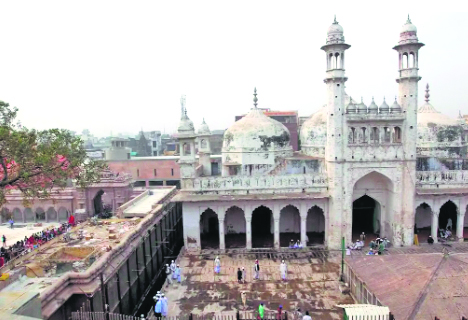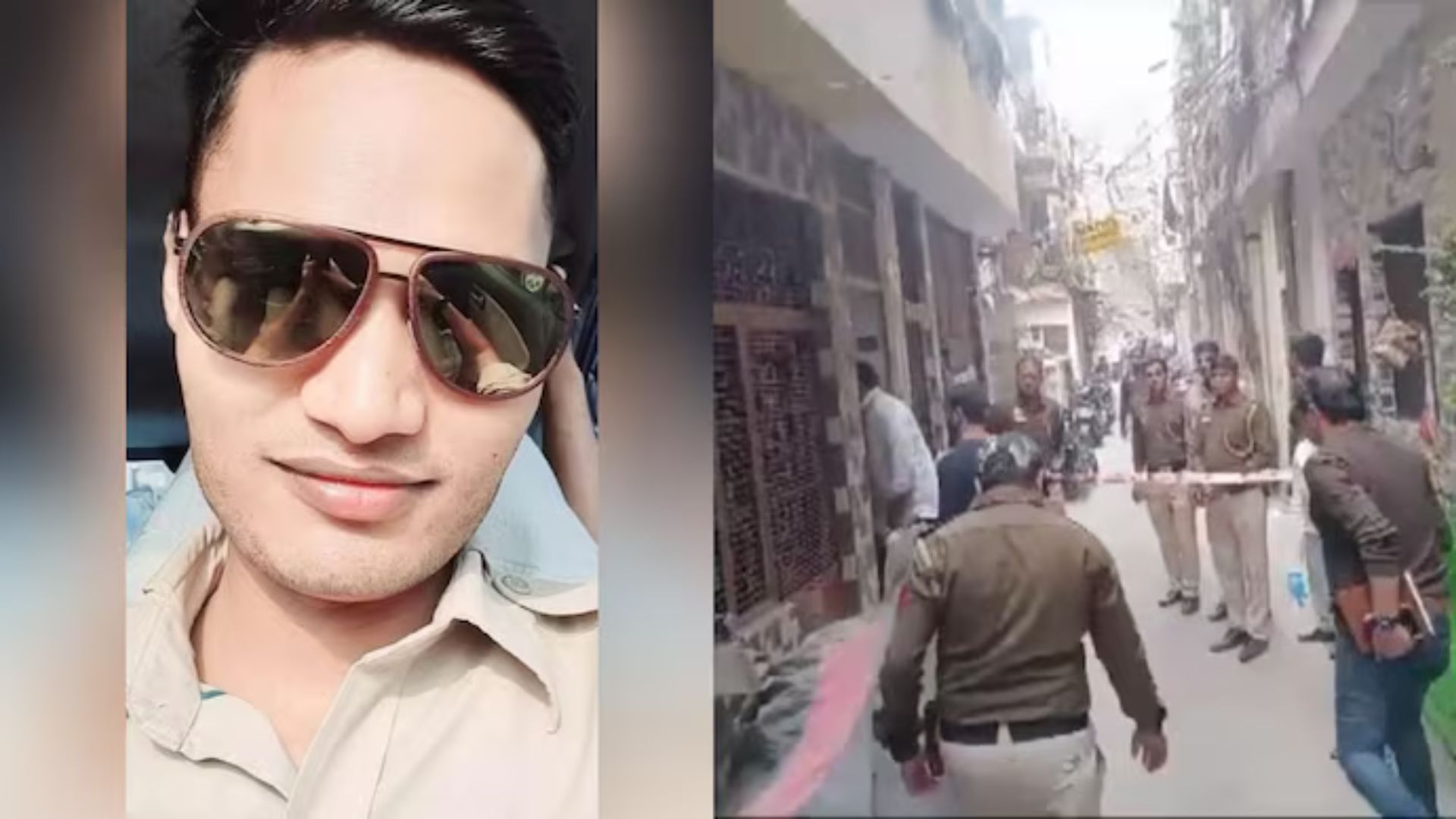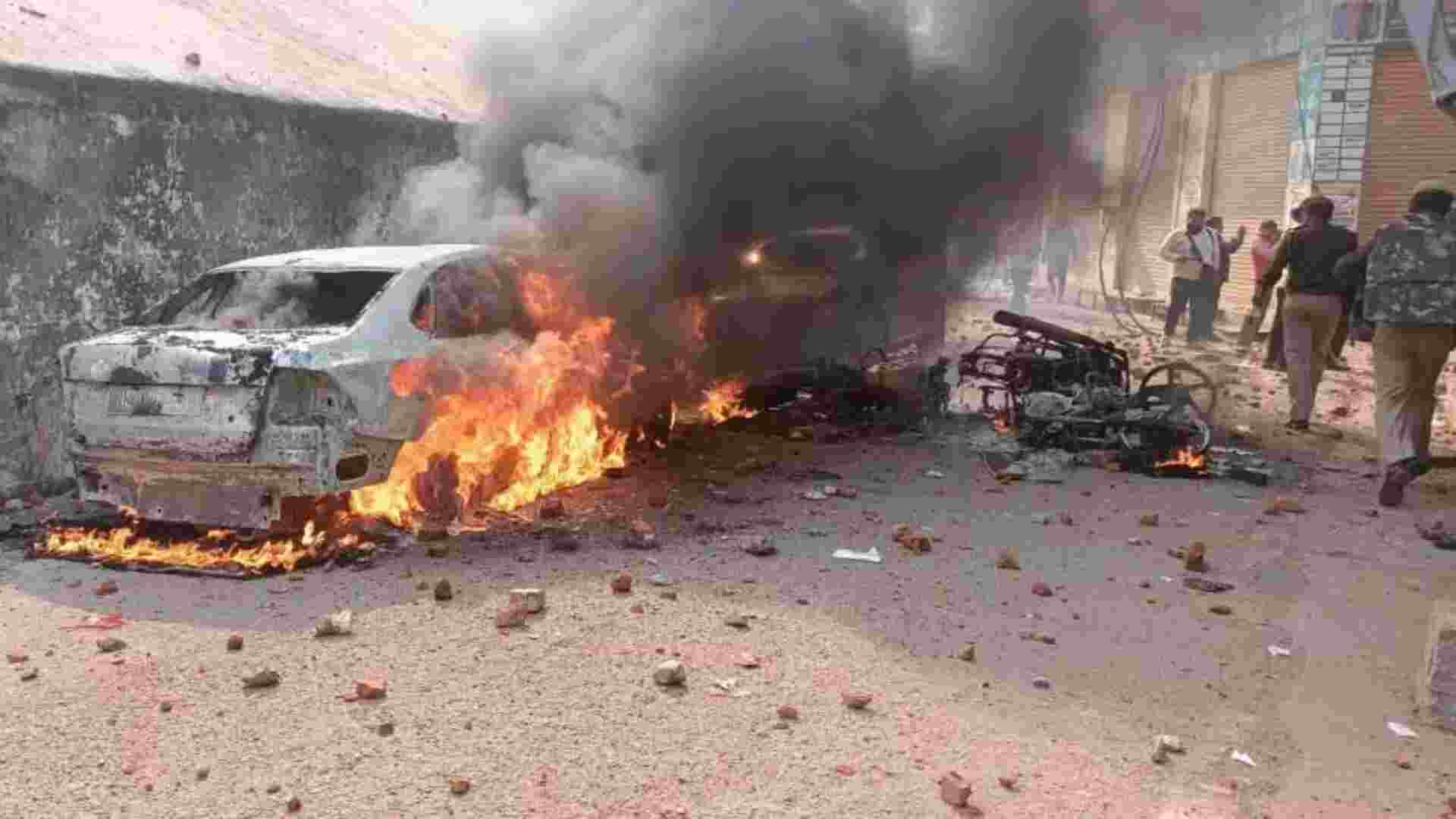
The Archaeological Survey of India (ASI) will submit a scientific survey report of the Gyanvapi complex in District court of Varanasi today. Previously, the court had provided additional time to the ASI on September 6, October 5, November 2, November 17, November 30 and December 11.
The ASI initiated the survey in the barricaded area of the Gyanvapi premises on August 4, following court orders to determine whether the 17th-century mosque was constructed over a pre-existing structure of a Hindu temple.
On November 30, the district court had instructed the ASI to submit the survey report of the Gyanvapi complex by December 11. In its application, the ASI stated that the assimilation of information generated by different experts and tools is a slow process, requiring more time to complete the report.
Earlier, on November 2, the ASI informed the court that it had “completed” the survey but needed additional time to compile the report, including details of the equipment used. The court then granted an extension until November 17. Subsequently, due to the non-availability of the technical report, the ASI sought 15 more days, and the district judge instructed the submission of the report by November 28.
The ASI is conducting a scientific survey of the Gyanvapi premises, adjacent to the Kashi Vishwanath temple, to determine whether the 17th-century mosque was constructed over a pre-existing structure of a Hindu temple.
The Allahabad High Court had upheld the Varanasi district court order, ruling that the survey was “necessary in the interest of justice” and would benefit both the Hindu and Muslim sides in the dispute. The Gyanvapi committee objected to the survey, alleging unauthorized digging and debris accumulation, leading to concerns about the structure’s stability.
The committee had also approached the Supreme Court against the high court’s order, but on August 4, the apex court refused to stay the order, allowing the ASI to conduct the survey without invasive acts such as excavations.















